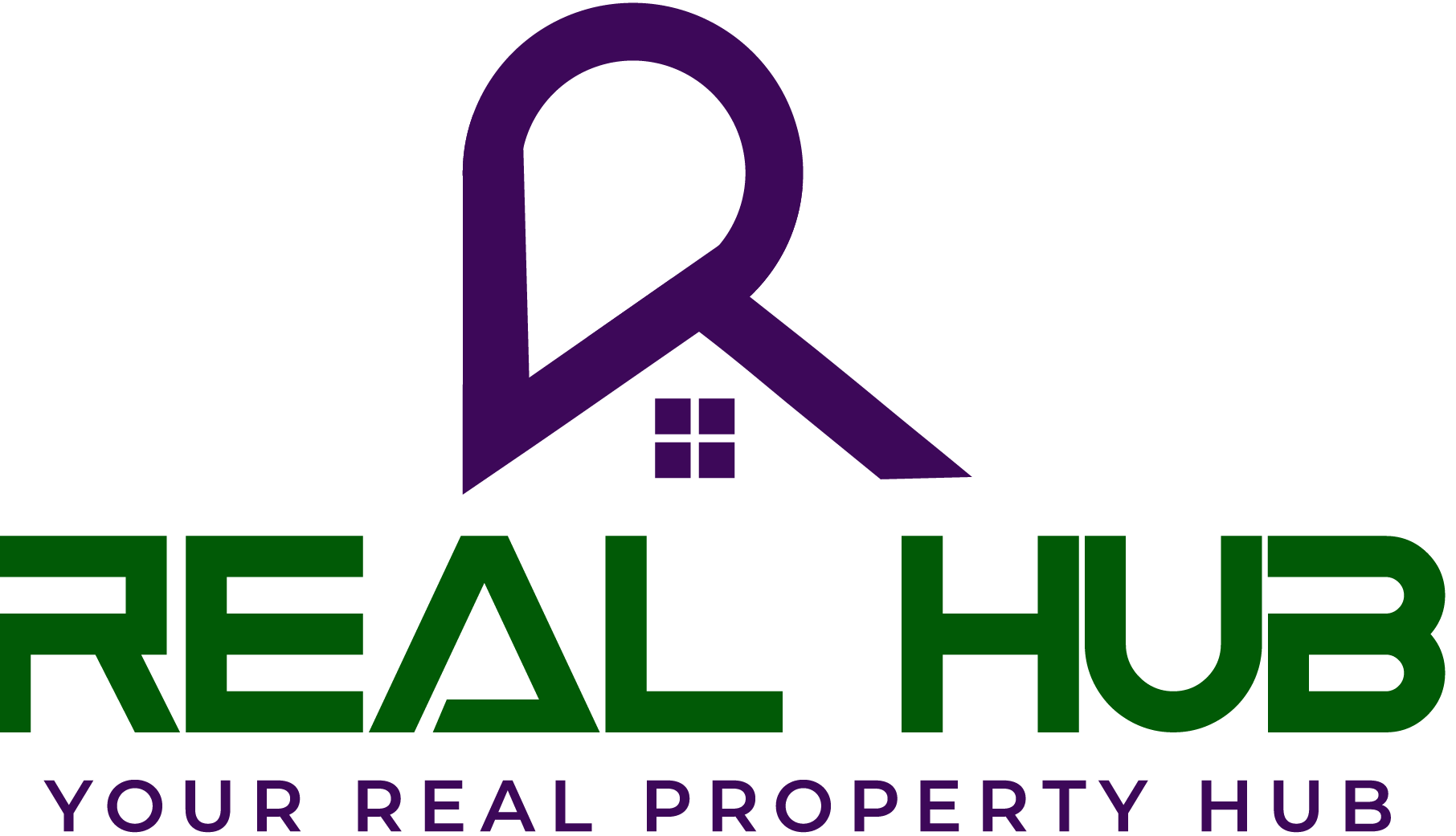A Comprehensive Guide to Residential Properties in Kenya: What You Need to Know in 2023
 A Comprehensive Guide to Residential Properties in Kenya
A Comprehensive Guide to Residential Properties in Kenya
Introduction
Residential properties in Kenya refer to any type of property that is used as a place of residence, whether it be a house, apartment, or condominium. In this blog, we will cover everything you need to know about residential properties in Kenya, including the types of properties available, the process of buying and selling, and the legal considerations involved.
Types of Residential Properties in Kenya
There are several types of residential properties available in Kenya, including:
- Houses: Houses are standalone structures that are typically built on a plot of land. They can be single-family homes or multi-family homes, and can range in size from small one-bedroom homes to large mansions.
- Apartments: Apartments are multi-unit buildings that are divided into individual units, each with its own living space, kitchen, and bathroom. They can be found in high-rise buildings or low-rise buildings, and can range in size from small studios to large three-bedroom units.
- Condos: Condos, short for condominiums, are similar to apartments, but are owned rather than rented. Owners of a condo unit own the space within the walls of their unit, but the common areas of the building, such as the lobby, elevators, and gym, are owned by a homeowners association.
- Townhouses: Townhouses are multi-unit buildings that are attached to other similar units in a row or a block. They typically have their own front and back doors, and may have small yards or gardens.
The Process of Buying and Selling Residential Properties in Kenya
If you are interested in buying a residential property in Kenya, there are a few steps you should follow:
- Determine your budget and what you can afford: It is important to have a clear understanding of your financial situation before you start looking for a property. This will help you narrow down your options and avoid overspending.
- Find a real estate agent or broker: Real estate agents and brokers can help you find properties that meet your needs and budget, and can also assist with the negotiation and closing process.
- Search for properties: You can search for properties online, through classified ads, or by contacting a real estate agent or broker. It is a good idea to make a list of the features and amenities that are important to you and to set aside time to view properties in person.
- Make an offer: Once you have found a property that you are interested in, you can make an offer to the seller through your real estate agent or broker. The offer should include the price you are willing to pay, any contingencies or conditions that must be met, and the closing date.
- Negotiate: If the seller accepts your offer, the next step is to negotiate the terms of the sale. This may include the purchase price, closing costs, and any repairs or renovations that need to be made.
- Close the deal: Once the negotiations are complete, the next step is to close the deal. This typically involves signing a purchase and sale agreement, paying the purchase price, and transferring the ownership of the property to the buyer.
Legal Considerations for Residential Properties in Kenya
There are several legal considerations that you should be aware of when buying or selling a residential property in Kenya, including:
- Title deeds: In Kenya, ownership of a property is typically proven by a title deed, which is a legal document that lists the owner of the property and any encumbrances, such as mortgages or liens, on the property. It is important to make sure that the title deed is properly registered and up-to-date before buying or selling a property.
- Mortgages: If you are unable to pay for a property in cash, you may need to take out a mortgage, which is a loan that is used to finance the purchase of a property. There are several types of mortgages available in Kenya, including fixed-rate mortgages, adjustable-rate mortgages, and balloon mortgages. It is important to carefully review the terms and conditions of any mortgage before signing.
- Taxes: Property owners in Kenya are required to pay property taxes, which are used to fund local government services such as schools, roads, and public safety. The amount of property tax you will pay is based on the value of your property, as determined by the local tax assessor.
- Zoning laws: Zoning laws regulate the use of land in different areas and can impact what types of properties can be built and how they can be used. It is important to understand the zoning laws in the area where you are considering buying or building a property to ensure that it is permitted.
- Homeowner associations: If you are buying a condo or townhouse, you may be required to join a homeowner association, which is a group of homeowners who manage the common areas of the building and enforce the rules and regulations for the community. It is important to review the rules and regulations of the homeowner association before buying a property.
Conclusion
Residential properties in Kenya come in many different types and can vary greatly in terms of size, location, and amenities. It is important to carefully consider your budget, needs, and preferences when looking for a property, and to work with a real estate agent or broker who can assist with the process. There are also several legal considerations to be aware of when buying or selling a residential property in Kenya, including title deeds, mortgages, taxes, zoning laws, and homeowner associations. By understanding these factors, you can make an informed decision and navigate the process of buying or selling a residential property in Kenya with confidence.
